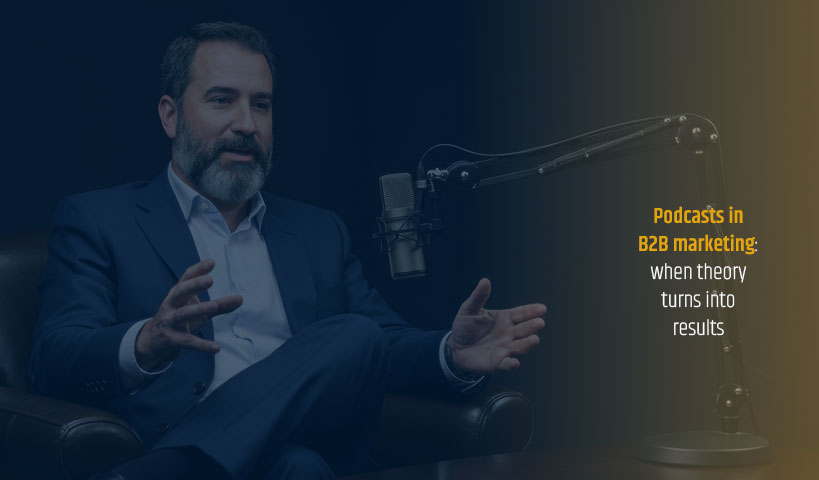
Millennials have been described as digital natives who are collaborative, open-minded and consensus gathering. They are also portrayed as liberal and overtly passionate about equality. If you were you born between 1980 and 2000, would you say this is an accurate description of your personality? Or does it seem more like the description of your astrological sign: occasionally accurate depending on the day, as dictated by the laws of probability.
I kid, because you read a lot of nasty things about millennials, too: Lazy, entitled, able to leave a job on a whim, bla, bla, bla. You have to take it all with a grain of salt.
It could be argued that there is only one empirical truth about millennials, whether in B2B or B2C marketing: That they were raised with computers (no,no,not raised by computers. That’s 15 to 20 years from now) and as such, that they have certain ingrained expectations about how the world works: always faster, easier more interconnected and more automated. After all, for them, computers, the internet, advances in technology have always been accelerating at this ridiculous pace.
“We shape our tools and thereafter our tools shape us”
Marshall McLuhan
Of course, you should be marketing to millennials because as of last year they became the biggest part of the North American workforce at 35% and will continue to grow in influence as they attain more and more senior roles in their companies. But should you be building B2B marketing programs around much hyped, supposedly common personality traits? Seems risky.
I would also argue that you don’t necessarily need to be a millennial to have some “millennial characteristics”: It is just a matter of how well you’ve adapted to, or bought into the different technologies that are around us. Millennial or not, as we all witness and participate in advancing technologies, we are all building our expectations about
- How quickly and easily information can be found as we start our purchasing process
- How specifically we expect a company to address our particular needs, once we are engaged in a sales process
The B2B marketing you develop also has to take into consideration the level of what I would call “Communication technology penetration”” in your industry. As an example, a metalworks company won’t have the same social media needs as a cloud services company, because it’s customers simply aren’t using social media professionally. Millenials are entering the workforce in all industries but industries don’t change as quickly as an age group of not-necessarily-homogeonous individuals arrive. Nor can companies change their purchasing habits as quickly as individuals do.
Interested in creating relevant B2B content for millennials and various other generations? Let us know. We’d be happy to help.




